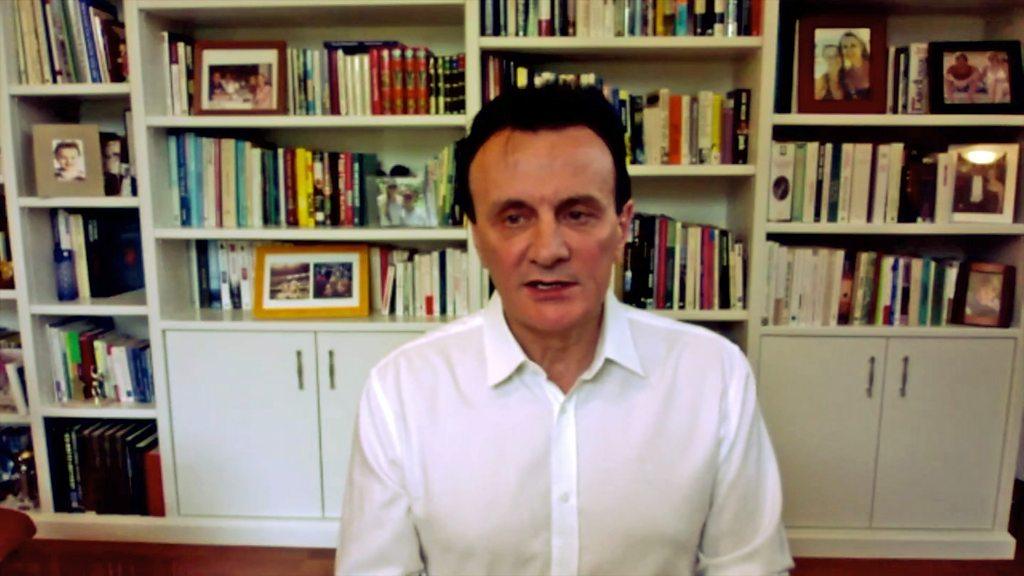Coronavirus: World leaders pledge billions for vaccine fight
- Published
- comments
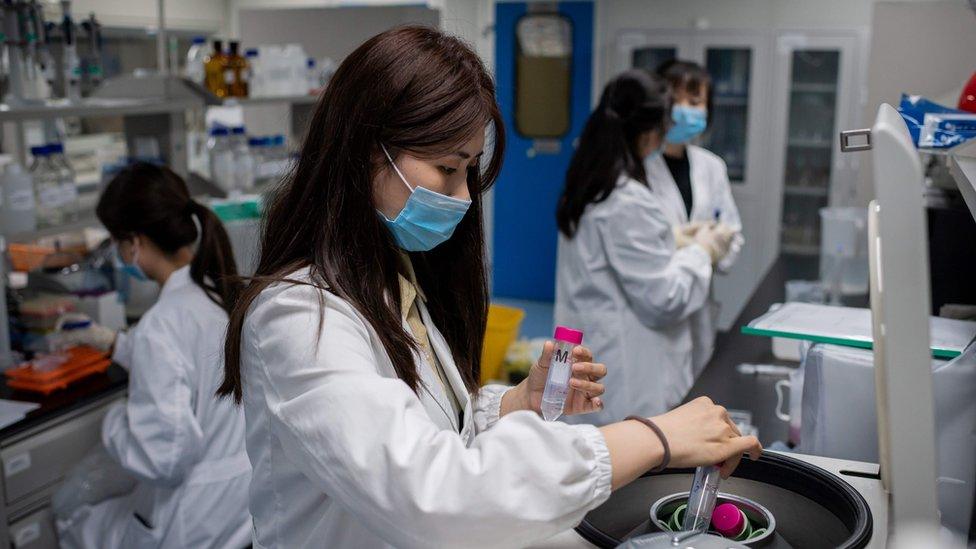
Scientists in Beijing carrying out one of dozens of research projects into potential vaccines
More than $8bn (£6.5bn) has been pledged to help develop a coronavirus vaccine and fund research into the diagnosis and treatment of the disease.
Some 40 countries and donors took part in an online summit hosted by the EU.
EU Commission President Ursula von der Leyen said the money would help kickstart unprecedented global co-operation.
She said it showed the true value of unity and humanity, but warned much more would be needed in the days ahead.
In total, more than 30 countries, along with UN and philanthropic bodies and research institutes, made donations.
Donors also included pop singer Madonna, who pledged €1m ($1.1m), said Ms von der Leyen, who set out the Brussels-led initiative, external on Friday.
The European Commission pledged $1bn to fund research on a vaccine. Norway matched the European Commission's contribution, and France has pledged €500m, as have Saudi Arabia and Germany. Japan pledged more than $800m.
The US and Russia did not take part. China, where the virus originated in December, was represented by its ambassador to the European Union.
Of the money raised, $4.4bn will go on vaccine development, some $2bn on the search for a treatment and $1.6bn for producing tests, the EU said.
In her opening remarks at the summit, Ms von der Leyen said everyone must chip in to finance "a truly global endeavour".
"I believe 4 May will mark a turning point in our fight against coronavirus because today the world is coming together," she said.
"The partners are many, the goal is one: to defeat this virus."
UK Prime Minister Boris Johnson, another co-host of the conference, said the "more we pull together" in sharing expertise, "the faster our scientists will succeed" in developing a vaccine.
Mr Johnson, who spent three nights in intensive care with Covid-19, was to confirm the UK's pledge of £388m for vaccine research, testing and treatment during the conference.
Along with the European Commission, the conference is being co-hosted by the UK, Canada, France, Germany, Italy, Japan, Norway and Saudi Arabia.
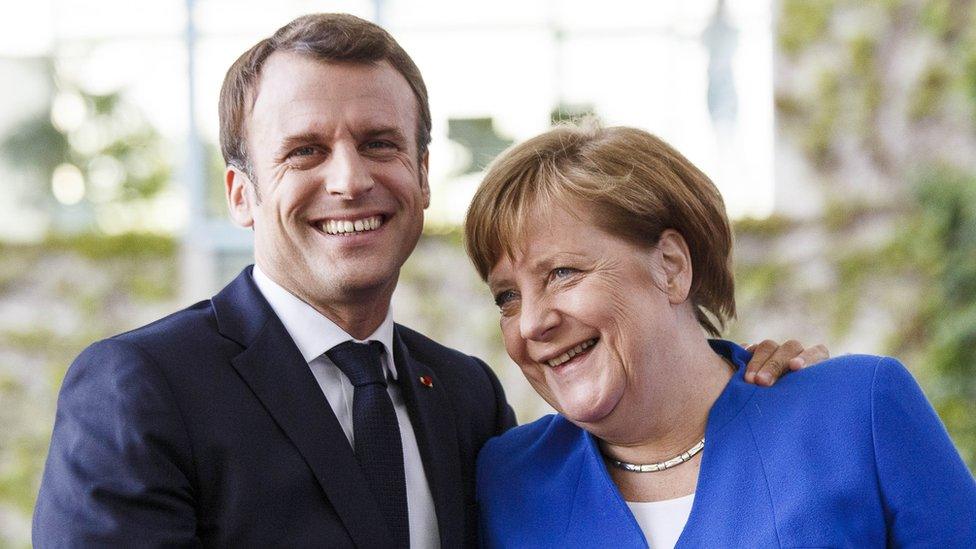
Emmanuel Macron and Angela Merkel, pictured last year, are among the world leaders who signed the letter
Italian Prime Minister Giuseppe Conte, French President Emmanuel Macron and German Chancellor Angela Merkel are also among those who have signed up to the initiative.
In the open letter published in weekend newspapers, the leaders said the funds raised would "kickstart an unprecedented global co-operation between scientists and regulators, industry and governments, international organisations, foundations and healthcare professionals".
"If we can develop a vaccine that is produced by the world, for the whole world, this will be a unique global public good of the 21st Century," they added.
At the same time, the signatories gave their backing to the World Health Organization in the face of US criticism of its handling of the outbreak.

A SIMPLE GUIDE: How do I protect myself?
VACCINE: How close are we to finding one?
HOPE AND LOSS: Your coronavirus stories
LOOK-UP TOOL: Check cases in your area
TESTING: Can I get tested for coronavirus?

The UN says a return to normal life will only be possible with a vaccine.
Dozens of research projects trying to find a vaccine are currently under way across the world.
Even with more financial commitment, it will take time to know which ones might work and how well.
Most experts think it could take until mid-2021, about 12-18 months after the new virus first emerged, for a vaccine to become available.
- Published28 May 2021
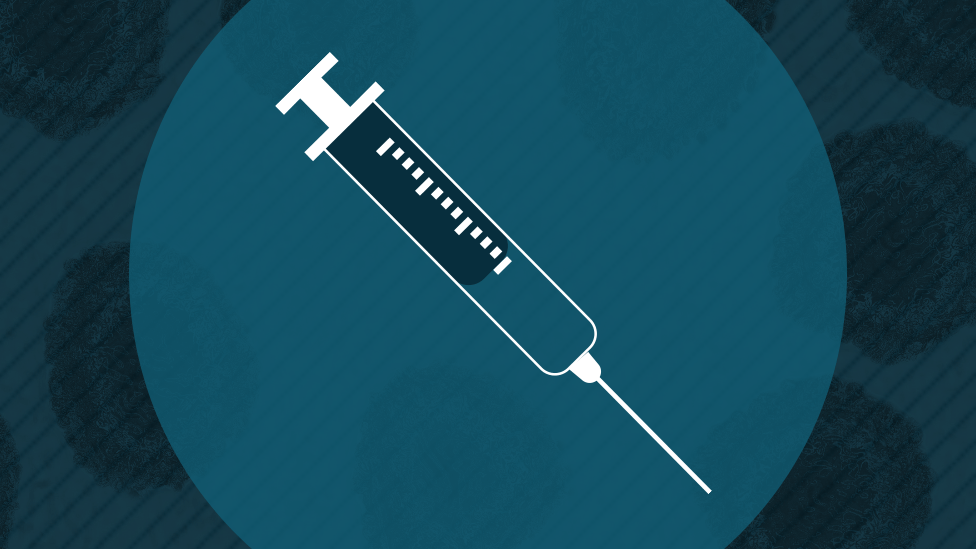
- Published1 May 2020
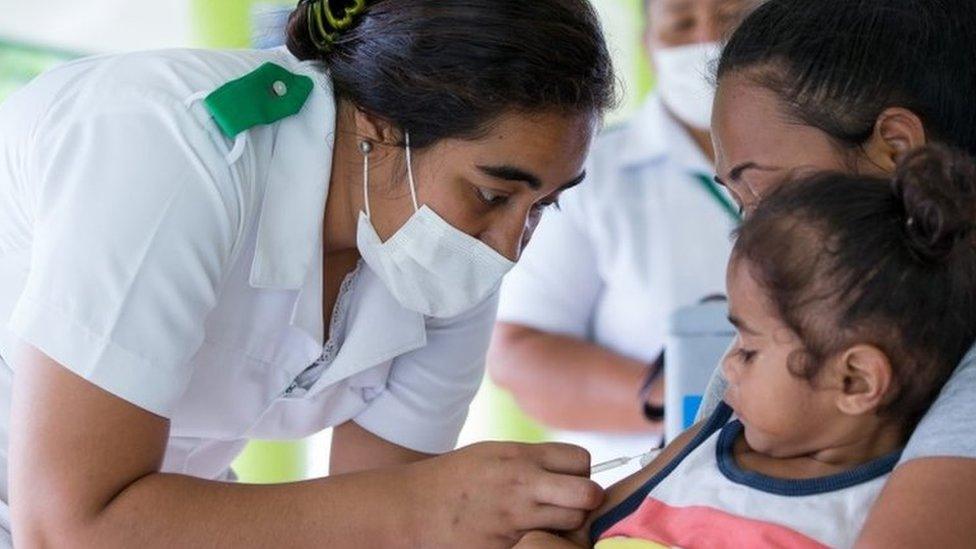
- Published30 April 2020
